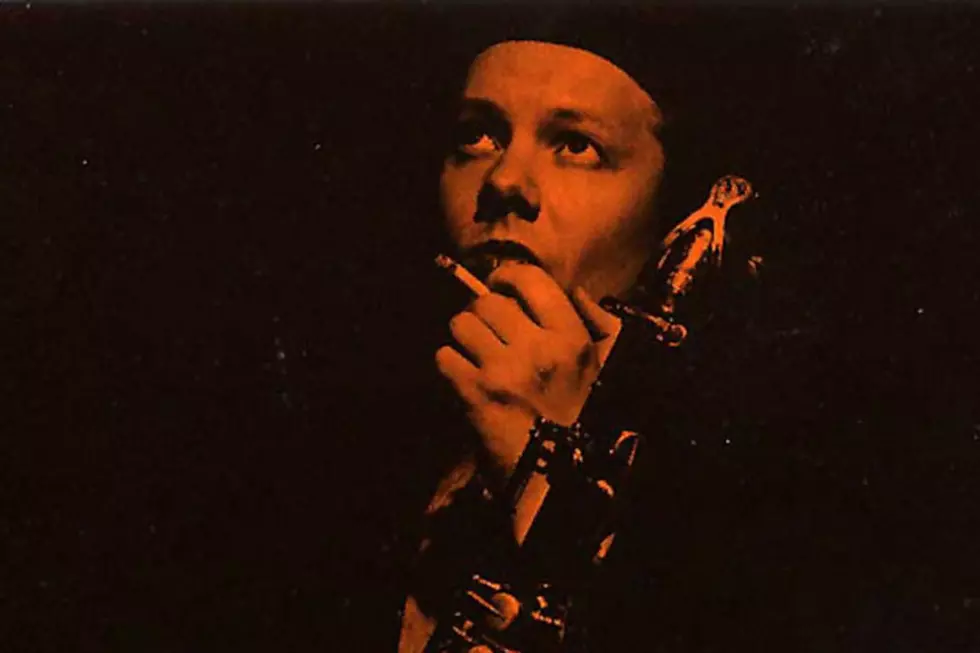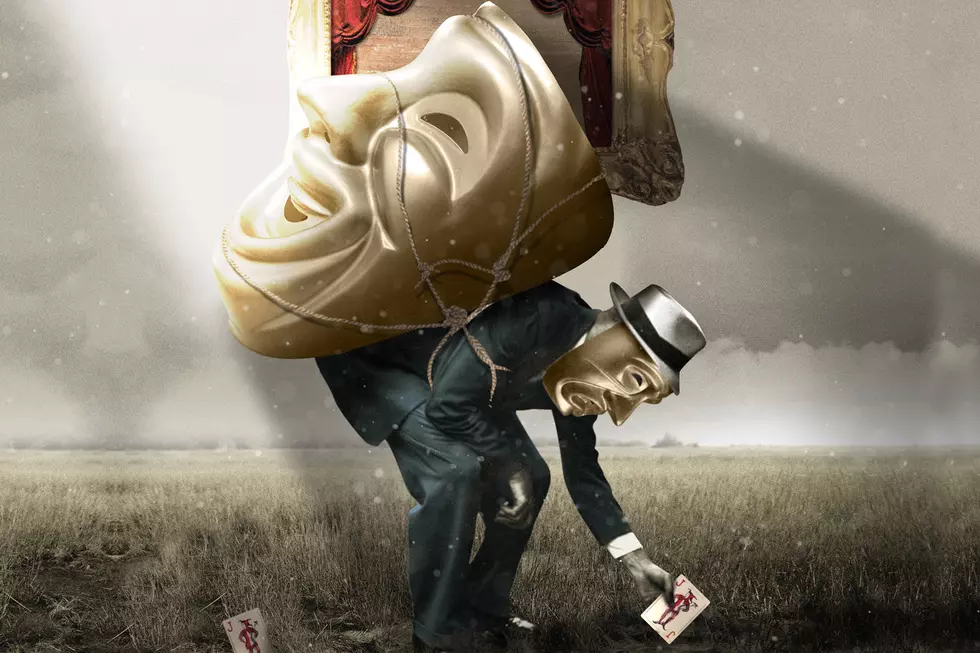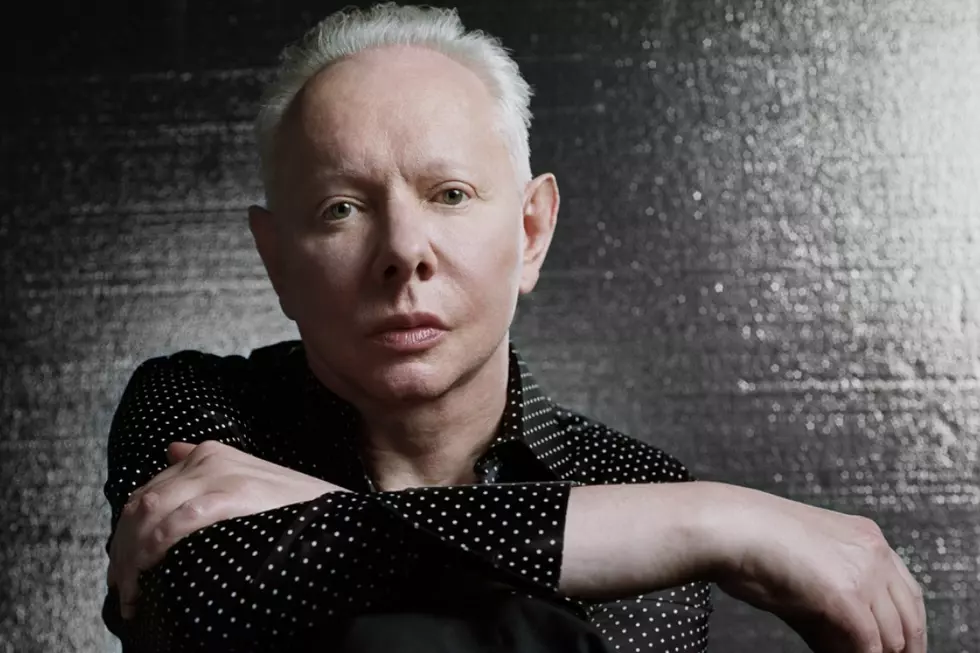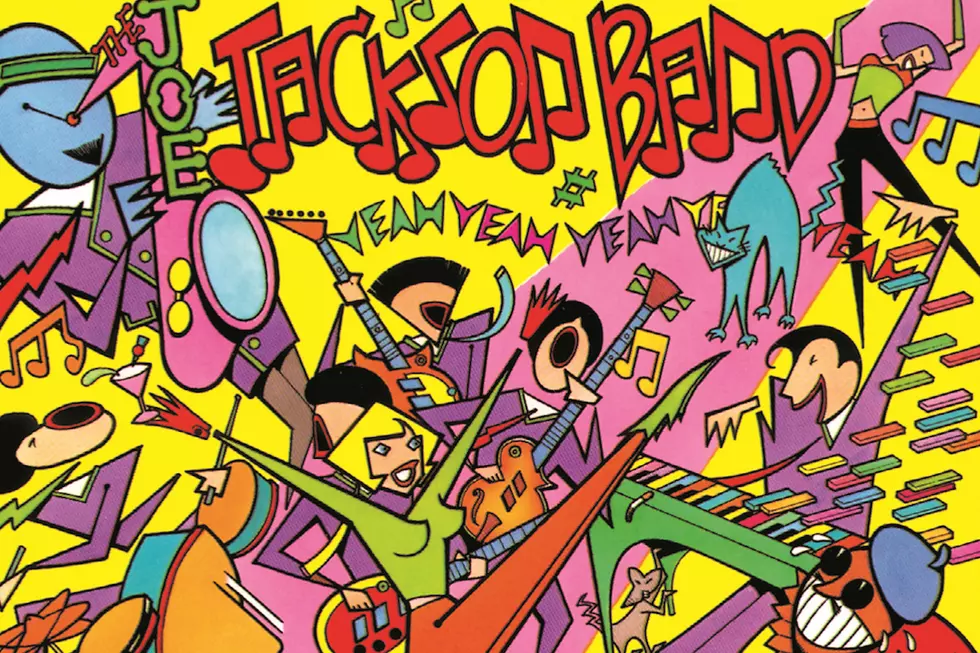
When Joe Jackson Got Jazzy on ‘Body and Soul’
Few artists to come out of the New Wave movement switched as seamlessly between genres as Joe Jackson. One of his most eclectic and underrated efforts, Body and Soul, was released on March 14, 1984.
Although his first trio of excellent records – Look Sharp, I'm the Man and Beat Crazy – had the requisite propulsive rhythms and sneering lyrics required of a Brit in the post-punk world, Jackson's piano playing and more complex harmonic palette was a reflection of his training at London's Royal Academy of Music.
While this led to critic Robert Christgau derisively calling Jackson the "New Wave Billy Joel," it's a fitting description of how he was able to work his knowledge of pre-rock pop into contemporary settings. His smash hit 1982 album Night and Day, which featured the big hits "Steppin' Out" and "Breaking Us in Two," reflected Jackson's recent move to New York in a shimmering, hook-filled blend of synthesizers, percussion and Tin Pan Alley songcraft.
For its follow-up, he delved even further into the city's jazzier side. This was evident from its cover photo, a virtual direct lift from Sonny Rollins' 1957 Blue Note classic Vol. 2, but with Jackson bathed in orange light instead of blue. The album itself was named after the standard made famous by Coleman Hawkins in 1939, which is considered to be one of the precursors of bebop.
Jackson's jazz leanings weren't just cover-deep. The brass blasts of the opener, "The Verdict," signified that this wasn't going to be a repeat of the modern sound of Night and Day. The No. 15 hit single "You Can't Get What You Want (Till You Know What You Want)" added a bit of funk bass from Graham Maby and a bebop-infused guitar solo from Vinnie Zummo into the Duke Ellington-influenced charts.
Jackson was no stranger to horns. A few years earlier he released Jumpin' Jive, a collection of jump blues and swing covers from the '40s for which he also co-wrote the arrangements. But this was the first time they had been integrated so thoroughly into his own songs.
His compositional skills were also put to good use on the instrumental "Loisada" – a Spanglish pronunciation of Manhattan's Lower East Side – and the mostly instrumental "Heart of Ice."
Watch Joe Jackson Perform 'You Can't Get What You Want'
But, as is so often the case with Jackson, it's the ballads that give the album heft. "Not Here, Not Now" and "Be My Number Two" explore the fragility and emotional pitfalls of modern relationships. A third, the uptempo "Happy Ending," features Jackson and Elaine Caswell trading lines on that same theme: "Do I listen to my head? / Do I listen to my heart? / Do I try to feel the same / As I feel when we're apart?"
The only one of Body and Soul's nine tracks that doesn't work is "Go for It," which opened the second side. It tries to be a soul barnburner like Otis Redding's "I Can't Turn You Loose," but the cheerfully optimistic lyrics ring hollow from Jackson's mouth and it winds up sounding like an outtake from the soundtrack to Rocky III.
Body and Soul didn't match Night and Day's sales figures, but it nonetheless sold respectably, reaching No. 20 on the strength of its hit single ("Happy Ending" peaked in the middle of the chart). Jackson continued to make challenging, conceptual pop through the early-'90s, after which he devoted the rest of the decade to New Age and classical compositions. After releasing a sequel to Night and Day in 2000, he reunited the band from his first three albums for a pair of solid albums.
See Joe Jackson Among the Top 100 Albums of the '80s
More From Ultimate Classic Rock









